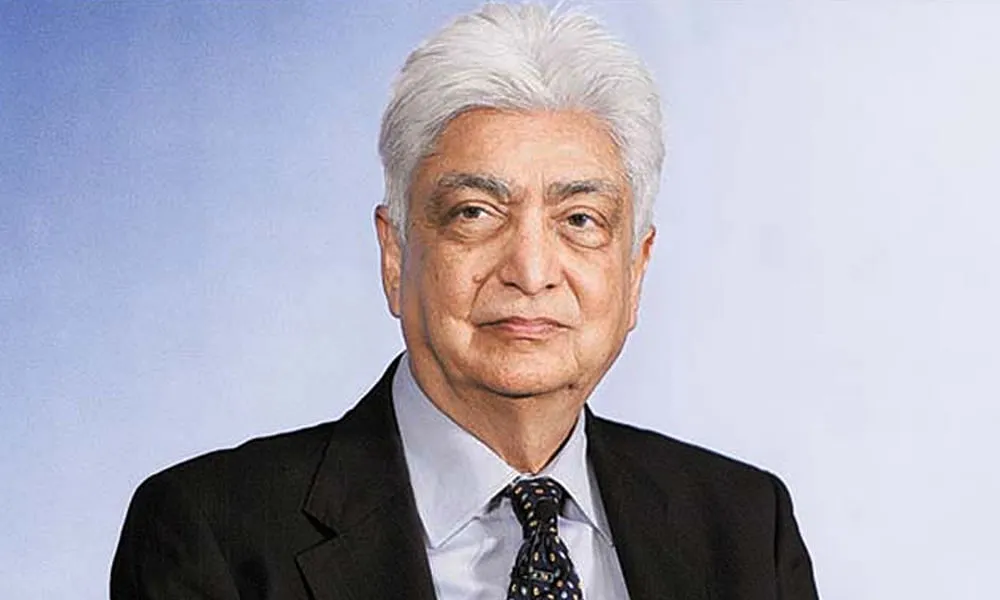The worldwide Covid situation continues to be very grim. Recorded global infections exceed sixteen crores and the death toll stands at thirty-four lakhs. The United States, India and Brazil have been the most affected countries with more than three, two and a half and one and a half crore infections respectively. They have also suffered the largest number of deaths—six lakhs in the US, over four and a quarter lakh in Brazil and almost three lakhs in India. While daily deaths in the US and Brazil are falling, they are increasing in India on account of the ‘storm’ of the second wave; 4334 persons died on May 18 because of Covid. Behind these cold statistics lie loss and grief but also heroism and sacrifice.
It is undeniable that the second wave in India and especially its ferocity surprised the government and the political class. The rate of infections rose in an unprecedented manner leading to shortages of hospital beds and oxygen in many states. This has naturally led to doubts in the general public about the extent of anticipation among all concerned—experts, officials, and the politicians—of a second wave and its possible nature and extent. There have been second and more waves in many countries. There too infections rose rapidly and strained resources but in India the second wave exposed the fragility of our health care system. Now the need is to ensure that medical infrastructure is augmented to handle any future Covid waves. At the same time the political class has to examine the model of the healthcare system model which India has been following over the past many decades. What is also necessary is to avoid what Rashtriya Swayamsevak Sangh (RSS) Chief Mohan Bhagwat called “gaflat” (unmindfulness).
India’s constitution demands accountability and questions which are agitating the public mind cannot be brushed under the carpet. But the political system also rests on the pillar of the solidarity of the political class during national emergencies. In the past the political class has shown that it has the ability to come together as one to confront challenges and emergencies. And there has never been such an extensive emergency such as this since independence. The question, therefore, the political class has to ask itself is if the current finger-pointing that it is indulging in helps the people and the country to overcome the challenge of the pandemic. All sections of the political must rally together to face this crisis. If different sections of the political class are busy targeting each other there are numerous voluntary organisations are doing enormous work to bring succour to the people. They are setting an example to all political leaders.
The founder of the famous IT company Aziz Premji called for the Covid pandemic to be “confronted” with “science and truth”. Premji’s words are full of wisdom for science and truth have to guide government action. The problem though for policy makers is that as there is no settled science regarding the virus the best they can do is to follow the science as it learns more and more about the virus. The fact is that medical scientists are searching for answers because the Covid-19 virus is new and evolving. They have come a long way in understanding it since it emerged in Wuhan, China towards the end of 2019 but still have no definite answers especially regarding therapeutics. There are currently no internationally recognised thereuputic protocols but some headway has been made in managing and controlling Covid infections through re-purposed drugs and other treatment support.
Medical experts are correctly emphasising the need to break chains of transmission through Covid appropriate behaviour and it is here that the political, social and administrative leadership needs to set examples through their own adherence to them. To its credit the medical fraternity has in an astonishingly short time made vaccines which provide some protection and mitigate the virus’s impact; the vaccine programme has to be accelerated. That will be easier done in India if the political class does not make it the vehicle of competitive politics. Also, while faith is important for people to cope with personal tragedy and loss due to the virus it cannot be the guide for containing, leave alone eliminating, the pandemic. This is notwithstanding the fact that the science of Covid is presently incomplete.
The real and true heroes during these times in India and elsewhere are the doctors, nurses and other paramedical staff, the ward boys and the ambulance drivers and those who are silently and voluntarily helping in mitigating the suffering caused by the pandemic. At enormous risk to their own welfare and even life and also of their families they are performing more than their duty. Many of them have lost their lives. It is absolutely essential that their families be cared for and that schemes be effectively devised and implemented for this purpose. This is the least India can do for all of them apart from ensuring that they are provided all the safety equipment and means to protect themselves. Fortunately, by now a lot of these supplies are being manufactured in India but there should be a task force to constantly consider their improvement and upgradation.
Prime Minister Narendra Modi has done well to acknowledge the contribution of all the front-rank workers and to have thanked them on behalf of the people on many occasions. What also needs consideration is if, at a suitable time and in a suitable manner, the memory of this contribution is embedded in a concrete fashion so that it is never lost.






